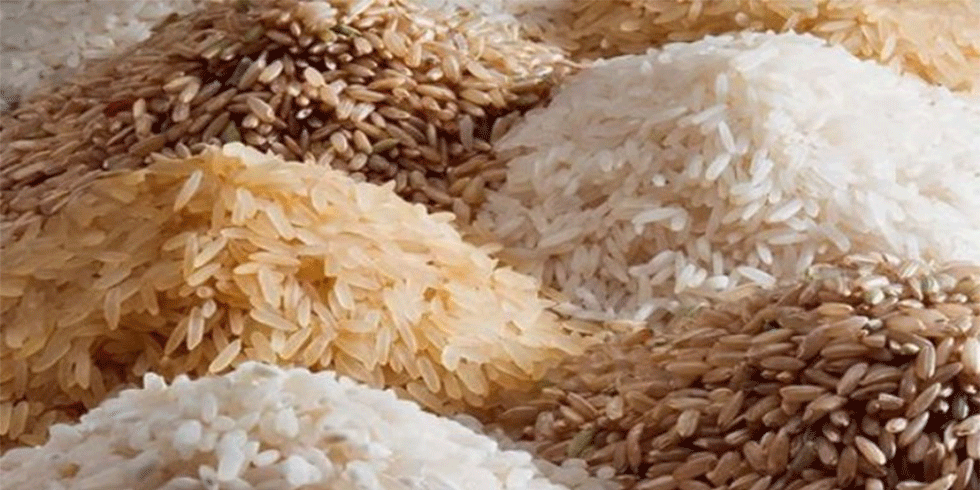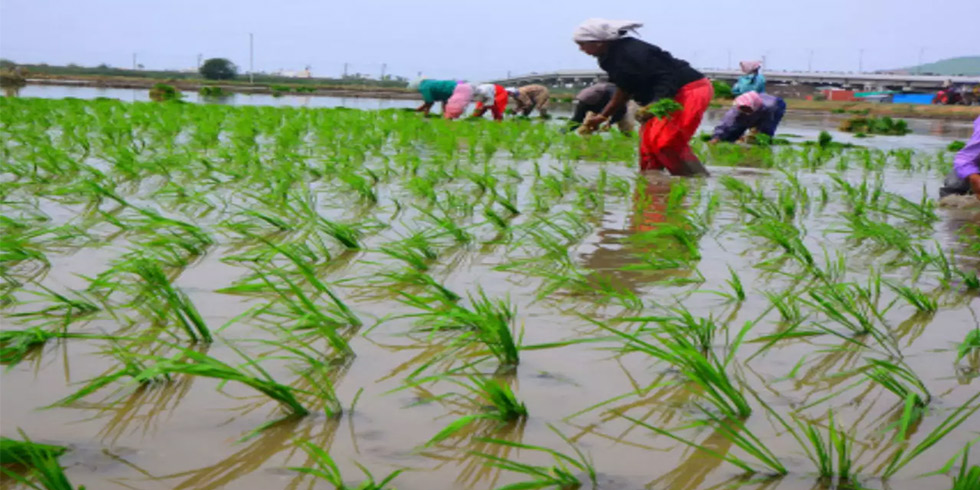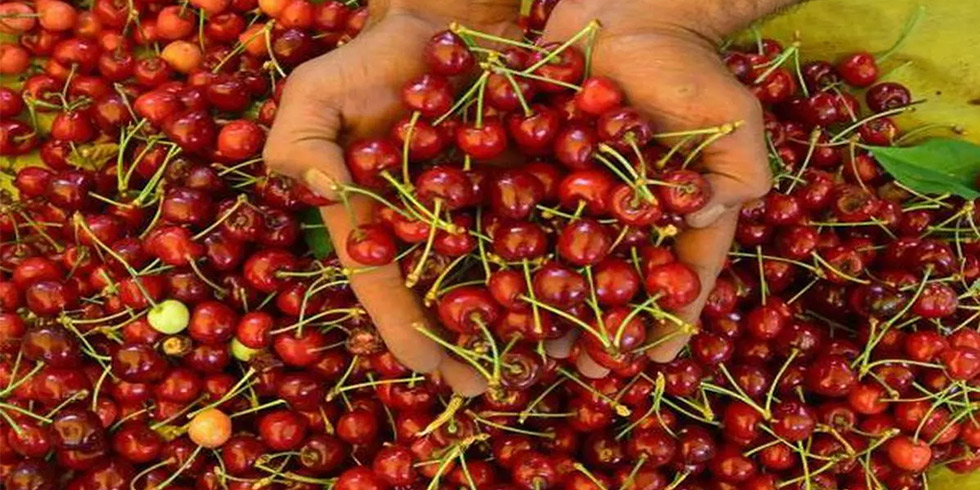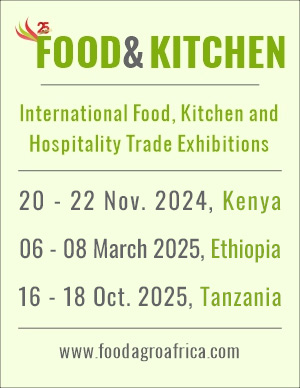New Delhi: On Thursday, the government lifted an earlier prohibition and permitted the shipment of necessities to five African countries. The supply of food in strategic partner countries has been impacted by the export restrictions on food grains like wheat and rice.
Through the National Cooperatives Exports Limited (NCEL), the government approved the export of 240,000 tonnes of non-basmati rice to Equatorial Guinea, Comoros, Madagascar, Kenya, and Egypt, according to a statement from the Directorate General of Foreign Trade (DGFT).
The directive states that 20,000 tonnes of non-basmati rice will be sent to Comoros, 50,000 tonnes to Madagascar, 10,000 tons to Equatorial Guinea, 100,000 tonnes to Kenya, and 60,000 tonnes to Egypt.
India has been selling rice to its important partners in Asia and Africa since September 2022, when the export of broken type rice was prohibited, and July 2023, when non-basmati white rice was banned. The purpose of the export prohibition is to control pricing.
2.77 million tonnes (mt) of non-basmati white rice have been approved for export by the government to 14 important Asian and African countries, including the Philippines, Nepal, Singapore, and Malaysia, in recent months. On November 30, India permitted the export of 14,184 tonnes of wheat, 5,326 tonnes of atta, 15,226 tonnes of maida, and 48,804 tonnes of broken rice to Bhutan in addition to white rice. The same day, Senegal (500,000 tonnes), Gambia (50,000 tonnes), Indonesia (200,000 tonnes), and Mali (100,000 tonnes) were permitted to import broken rice. India banned broken rice in September of last year and wheat and its derivatives, including atta, suji (semolina), and maida, in May of 2022.
The government banned the export of non-basmati white rice in July of this year, placed a 20% export levy on parboiled rice, and established a minimum export price of $1,200 per tonne for basmati rice in August of the same year, all in response to increased inflationary pressure mainly brought on by the sharp rise in food costs.








Add Comment